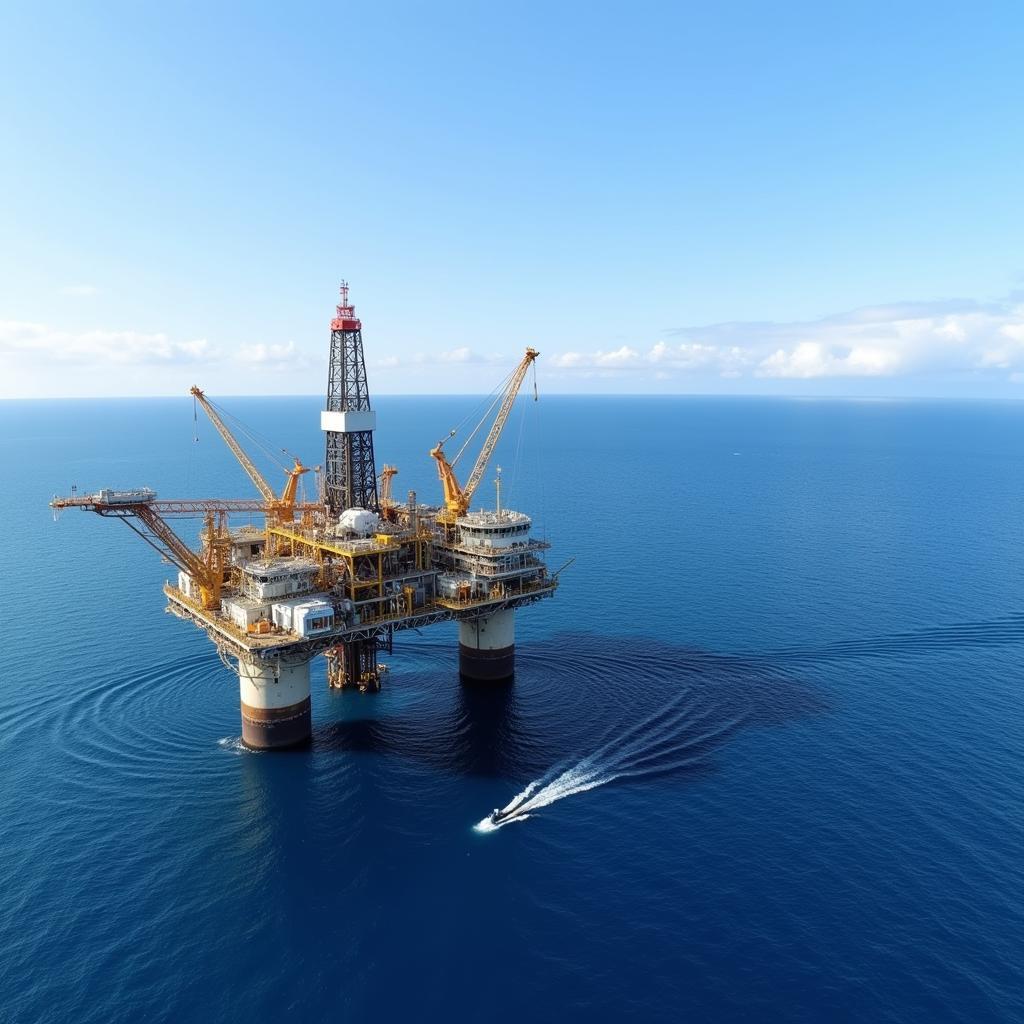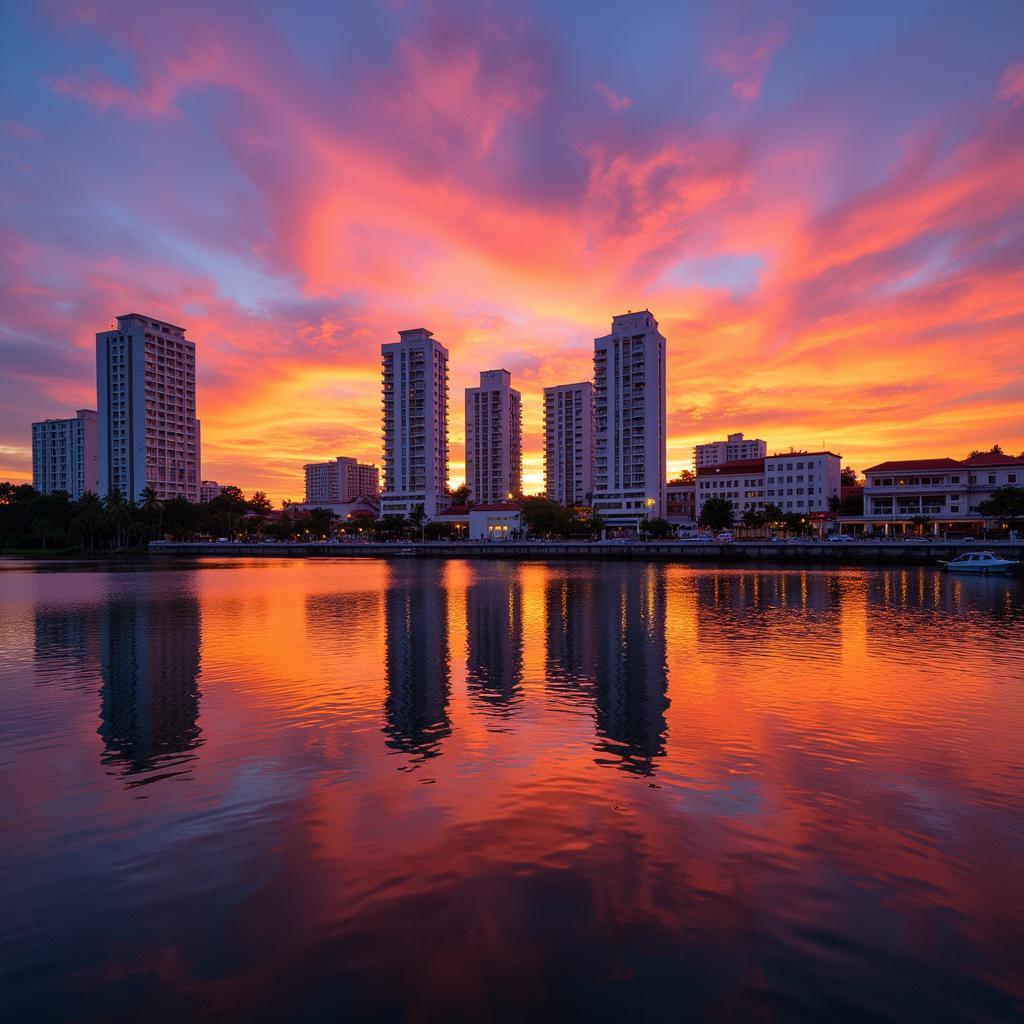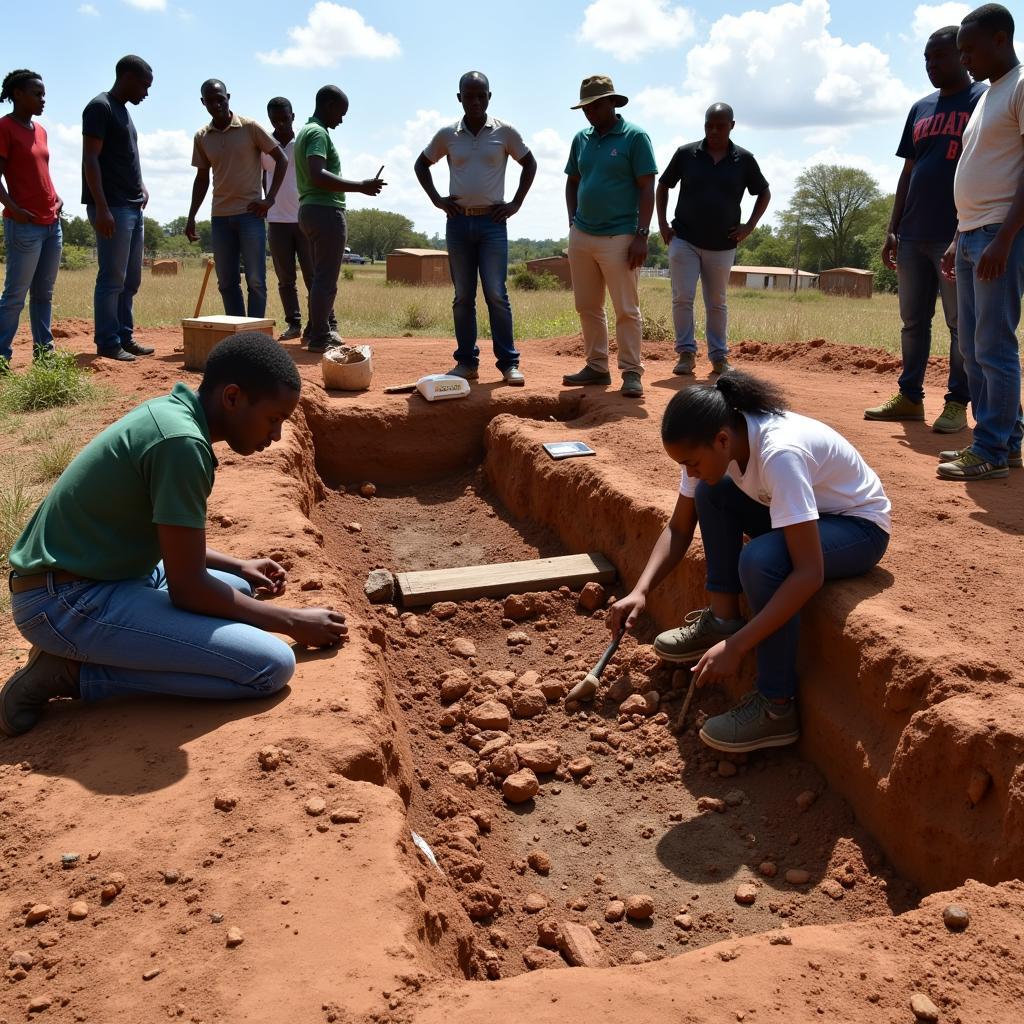Exploring African Equatorial Guinea: A Hidden Gem
African Equatorial Guinea, a small Central African nation, often remains overlooked, yet it boasts a unique blend of Hispanic and African cultures, stunning natural landscapes, and a complex history. This article delves into the heart of Equatorial Guinea, exploring its rich tapestry of traditions, its economic landscape driven by oil and gas, and its evolving political climate. Located on the Gulf of Guinea, this nation offers a fascinating glimpse into a corner of Africa that deserves greater attention. We’ll uncover its hidden gems, from the vibrant capital city of Malabo to the lush rainforests of Bioko Island.
Unraveling the History and Culture of African Equatorial Guinea
Equatorial Guinea’s history is a compelling narrative shaped by colonial influences and a struggle for independence. Originally inhabited by various Bantu tribes, the country came under Spanish rule in the late 18th century. This period left an indelible mark on the nation, evident in the official language, Spanish, and the prevalence of Catholicism. After gaining independence in 1968, Equatorial Guinea endured decades of authoritarian rule. Today, while still grappling with political challenges, the country is slowly opening up to the world, revealing its unique cultural identity. Traditional music and dance remain vibrant expressions of Equatorial Guinean culture, reflecting the diverse ethnic groups that call this nation home.
The country’s cultural landscape is further enriched by its unique cuisine. Combining African staples with Spanish flavors, Equatorial Guinean dishes offer a delightful culinary experience. From spicy peanut stews to seafood delicacies, the food reflects the country’s diverse heritage.
african country name starts with alphabet e
The Economic Pulse of African Equatorial Guinea: Oil, Gas, and Beyond
African Equatorial Guinea’s economy is heavily reliant on its vast oil and gas reserves. These resources have transformed the country into one of the wealthiest in Africa in terms of per capita GDP. However, this wealth has not been evenly distributed, and the country faces challenges in diversifying its economy and ensuring that its resources benefit all citizens.
 Oil Rig off the Coast of Equatorial Guinea
Oil Rig off the Coast of Equatorial Guinea
Beyond oil and gas, there is potential for growth in agriculture, tourism, and forestry. The country’s fertile lands are suitable for cultivating a variety of crops, and its pristine beaches and rainforests offer attractive destinations for eco-tourism.
What is the political landscape like in African Equatorial Guinea?
African Equatorial Guinea has a presidential republic government, with the president holding significant power. The country’s political system has been criticized for its lack of transparency and human rights record. However, recent efforts have been made to promote democratic reforms and improve governance.
Navigating African Equatorial Guinea: Key Information for Visitors
For those intrigued by African Equatorial Guinea, planning a visit requires careful consideration. Visas are necessary for most nationalities, and it’s advisable to consult with the nearest embassy or consulate for specific requirements. The official language is Spanish, but several Bantu languages are also spoken. While the CFA franc is the official currency, the US dollar is also widely accepted.
african cup of nations winners 2015
 Malabo Cityscape at Sunset
Malabo Cityscape at Sunset
african cup of nations 2017 dates
african country which have more literacy rate than india
Conclusion: Discovering the Allure of African Equatorial Guinea
African Equatorial Guinea presents a unique and often misunderstood destination. Despite its political and economic complexities, the country possesses a rich cultural heritage, stunning natural beauty, and a potential for growth that deserves recognition. From exploring the vibrant culture to understanding its economic landscape, African Equatorial Guinea invites travelers to discover its hidden gems and witness its evolution firsthand.
FAQ
- What is the capital of African Equatorial Guinea? Malabo.
- What languages are spoken in African Equatorial Guinea? Spanish and various Bantu languages.
- What is the currency of African Equatorial Guinea? CFA franc.
- What is the main industry in African Equatorial Guinea? Oil and gas.
- What is the climate like in African Equatorial Guinea? Tropical.
- Is a visa required to visit African Equatorial Guinea? Yes, for most nationalities.
- What are some popular attractions in African Equatorial Guinea? Monte Alén National Park, Bioko Island, and the beaches of Bata.
Common Scenarios and Questions
-
Scenario: Planning a trip to Equatorial Guinea for wildlife viewing.
-
Question: What are the best national parks to visit?
-
Scenario: Interested in learning more about the local culture.
-
Question: Where can I find information on traditional music and dance?
-
Scenario: Considering investment opportunities in Equatorial Guinea.
-
Question: What are the current economic regulations and incentives for foreign investors?
Further Exploration
For more in-depth information on specific aspects of African Equatorial Guinea, consider exploring resources on local customs, economic development initiatives, and conservation efforts.
Contact Us
When you need support please contact us by phone: +255768904061, email: kaka.mag@gmail.com or visit our office at Mbarali DC Mawindi, Kangaga, Tanzania. We have a 24/7 customer service team.

